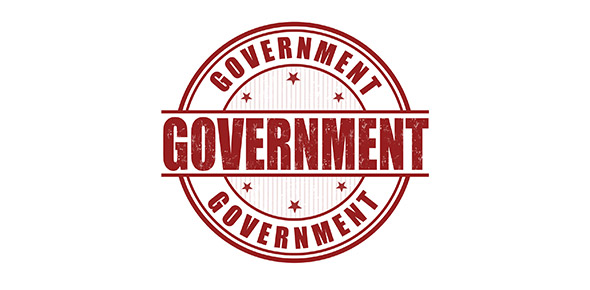The great freedoms of speech, press, religion, and assembly are...
In Plessy v. Ferguson , the Supreme Court provided a constitutional...
In Lemon v. Kurtzman, the Supreme Court ruled that aid to...
Civil liberties are legal and constitutional protections against...
Before making an arrest, police need what the Constitution calls...
The __________ Amendment outlawed slavery in the United States.
Advertising is a form of symbolic speech.
The publication of statements known to be false that are malicious and...
Suffrage Refers to...
Nonverbal speech, such as burning a flag or wearing an armband, is...
Obscenity is not within the realm of constitutionally protected speech...
One result of the Voting Rights Act of 1965 was a dramatic increase in...
Obtaining evidence in a haphazard or random manner, in violation of...
Equality and liberty may conflict, particularly because equality tends...
The legal concept through which the Supreme Court has nationalized the...
In the case of Miranda v. Arizona, the Supreme Court ruled...
Jim Crow laws were those that....
Only men are required to register for the draft in the United States
In Gitlow v. New York (1925), the Court ruled that freedoms of speech...
Advertising is considered a form of _________, and, according to the...
In the case of _________, the Supreme Court ruled that the...
The _________ Amendment forbids forced self-incrimination, stating...
The establishment of a national or official religion is...
In Brown v. Board of Education (1954), the Supreme Court...
After Brown v. Board of Education (1954), school integration in the...
The landmark case in which the Supreme Court upheld for the first time...
The original Constitution is silent on the question of equality.
The ________ is the financial interpreter of the content and scope of...
In the case of _________, the supreme court ruled that the Bill of...
In the Engel v. Vitale case of 1962, the Supreme Court ruled that...
Cruel and unusual punishment is forbidden by the...
The Fourteenth Amendment forbids slavery and grants the right to vote...
In the case of Plessy v. Ferguson....
The right to associate is protected by the Second Amendment.
The Supreme Court has ruled that government aid to church-related...
The Twenty-Fourth Amendment, ratified in 1964,
Title IX of the Education Act of 1972....
In 2000, the Court held that student-led prayer at football games was...
In the case of Korematsu v. United States, the Supreme Court...
In the case of Roe v. Wade (1973), the Supreme Court outlawed any...
In the case of Regents of the University of California v. Bakke, the...
In Roth v. United States, the Supreme Court held that...
The Supreme Court upheld a program that provided some families in...
De jure educational segregation occur....
In Lemon v. Kurtzman, the Supreme Court established that aid to...
The Defense of Marriage Act prohibits states from legalizing gay...
The Supreme Court case of Gideon v. Wainwright...
In _________, the Supreme Court ruled that any arbitrary sex-based...
A shield law....
In the case of Regents of the University of California v. Bakke, the...
In Roe v. Wade, the Supreme Court ruled that in the third...
In its Near v. Minnesota decision of 1931, the Supreme Court ruled...
What are the three levels of scrutiny used by the Supreme Court...
The women's rights movement was famously launched with the signing...
In the case of New York Times v. Sullivan (1964), the Supreme...
The language of the First Amendment, "Congress shall make no...
Which of the following statements about Native Americans is FALSE?
The "wall of separation" suggested by the First Amendment...
During the 1980's, the Supreme Court ________ the displaying of...
In the 1992 case of Planned Parenthood v. Casey, the Supreme...
In 1964, Congress prohibited federal aid to schools that remained...
The Federal Trade Commission regulates the nature, content, and...
The abridgment of citizens' freedom to worship, or not to worship,...
Classification based on gender have been ruled to be ________ by the...
In the case of Craig v. Boren, the Supreme Court ruled that...
In Grutter v. Bollinger (2003), the Supreme Court
In Griswold v. Connecticut (1965), the Supreme Court...
The Supreme Court decision in Barron v. Baltimore (1833) maintained...
Gregg v. Georgia (1976) is significant in that it...
Equal protection of the laws...
The agency created by the 1964 Civil Rights Act and charged with...

















